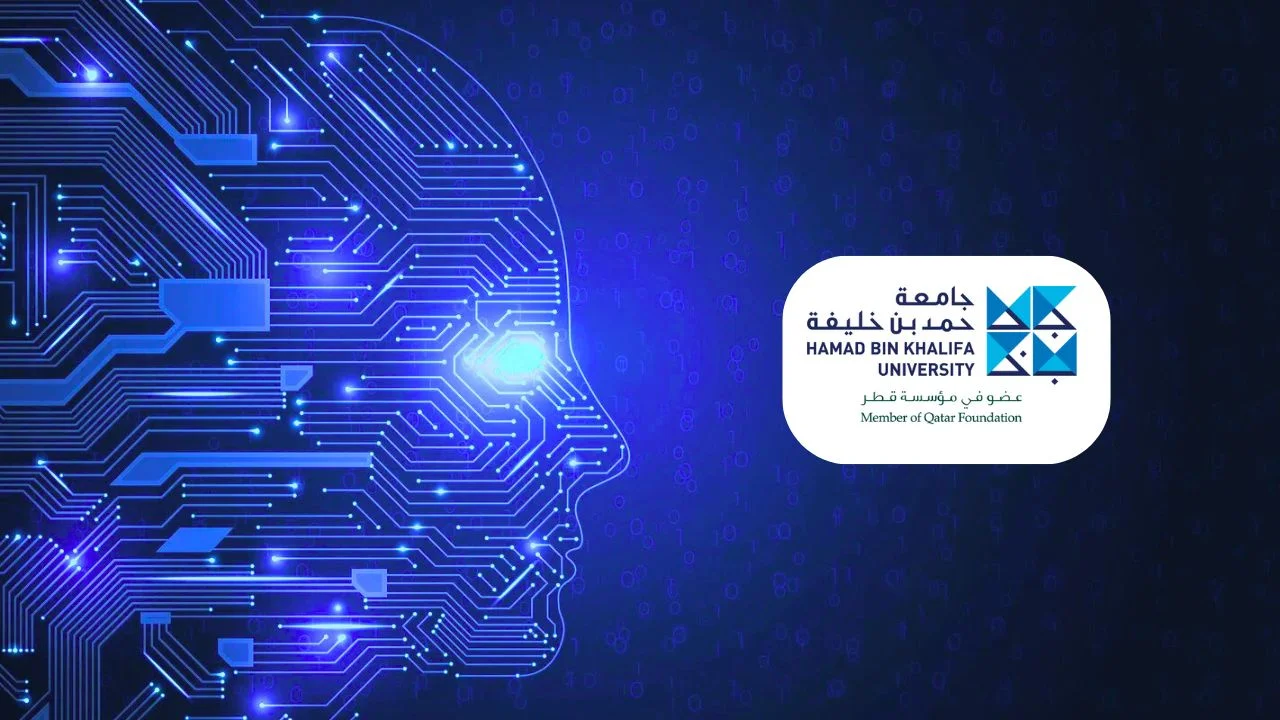
Hamad Bin Khalifa University to Host Pioneering Conference on AI Ethics in Doha
In a groundbreaking move, Hamad Bin Khalifa University (HBKU) is set to host a landmark conference titled AI Ethics: The Convergence of Technology and Diverse Moral Traditions in Doha from September 28–29, 2025. This two-day event will bring together internationally renowned experts in artificial intelligence, ethics, policy-making, and academia to explore the profound societal transformations driven by AI. The conference aims to address how diverse global value systems can guide the responsible development and deployment of AI technologies.
As AI continues to revolutionize industries and reshape daily life, its rapid advancement has outpaced existing regulatory frameworks worldwide. This technological leap presents both opportunities and challenges, raising critical questions about how to balance innovation with ethical considerations. With socially disruptive technologies increasingly influencing areas such as healthcare, urban design, security, education, finance, and the future of work, meaningful international collaboration is essential to ensure that AI serves humanity responsibly and equitably.
A Platform for Cross-Sector Collaboration
The conference will serve as a vital platform for cross-sector collaboration, uniting leading academics, policymakers, tech industry pioneers, ethicists, and other stakeholders. By fostering dialogue among these diverse groups, the event seeks to bridge gaps between technological innovation and ethical governance. Participants will engage in discussions across six thematic areas, each addressing a critical domain impacted by AI:
- Healthcare: How can AI enhance medical diagnostics and treatment while safeguarding patient privacy and equity in access?
- Urban Design: What role can AI play in creating smarter, more sustainable cities without compromising cultural heritage or social cohesion?
- Security: How can AI-driven tools be used to enhance safety and national security without infringing on civil liberties?
- Education: In what ways can AI transform learning experiences while ensuring inclusivity and fairness for all students?
- Finance: How can AI improve financial systems and services while protecting against bias and systemic risks?
- The Future of the Workplace: As AI automates tasks and reshapes industries, how can we ensure it promotes job creation, worker well-being, and economic stability?
These themes reflect the pressing need to align AI advancements with human values and societal norms. By examining these areas through a multidisciplinary lens, the conference aims to advance cohesive international standards that mitigate risks and protect individuals and communities from potential harm.
Shaping Ethical Guidelines for a Global Society
One of the conference’s primary objectives is to develop actionable frameworks and guidelines that address the ethical implications of AI. With technological innovation progressing at an unprecedented pace, there is an urgent need to establish rules and standards that safeguard cultural and human norms. These guidelines must not only anticipate the potential liabilities institutions may face but also prioritize the well-being of individuals and communities who could be adversely affected by AI’s rapid evolution.
The imperative to consider collective responsibility has never been more apparent. As Dr. Maryam Al-Thani, a senior researcher at HBKU, emphasized, “This conference offers a unique opportunity to collaboratively shape solutions that are guided by the diverse values and needs of our global society. It is not enough to rely solely on technological expertise; we must also draw upon moral traditions, philosophical insights, and real-world experiences to ensure AI benefits everyone.”
Highlighting Diverse Moral Traditions
A distinctive feature of this conference is its focus on integrating globally diverse moral traditions into the conversation about AI ethics. While much of the discourse around AI has been dominated by Western perspectives, this event seeks to amplify voices from different cultural, religious, and philosophical backgrounds. By doing so, it aims to create a more inclusive and comprehensive approach to ethical AI development—one that respects and incorporates the richness of human diversity.
For instance, Islamic ethical principles, which emphasize justice, compassion, and stewardship, could offer valuable insights into designing AI systems that uphold fairness and accountability. Similarly, Indigenous knowledge systems, which often prioritize harmony with nature and community well-being, might inspire new ways of thinking about sustainability and equity in AI applications. By weaving these diverse perspectives into the fabric of AI ethics, the conference hopes to foster a truly global dialogue.
Why This Conference Matters
The timing of this conference is particularly significant. As nations grapple with the dual challenges of harnessing AI’s transformative power and mitigating its risks, international cooperation has become indispensable. The absence of universally accepted ethical standards poses a threat to trust, transparency, and accountability in AI development. Moreover, the lack of alignment between technological progress and regulatory frameworks increases the likelihood of unintended consequences, including bias, discrimination, and erosion of privacy.
By convening thought leaders from around the world, HBKU’s conference seeks to catalyze meaningful action. It offers a rare opportunity for participants to share best practices, identify common goals, and forge partnerships that transcend borders and disciplines. Ultimately, the conference aspires to lay the groundwork for a shared vision of ethical AI—one that reflects the collective wisdom of humanity and ensures technology serves as a force for good.





